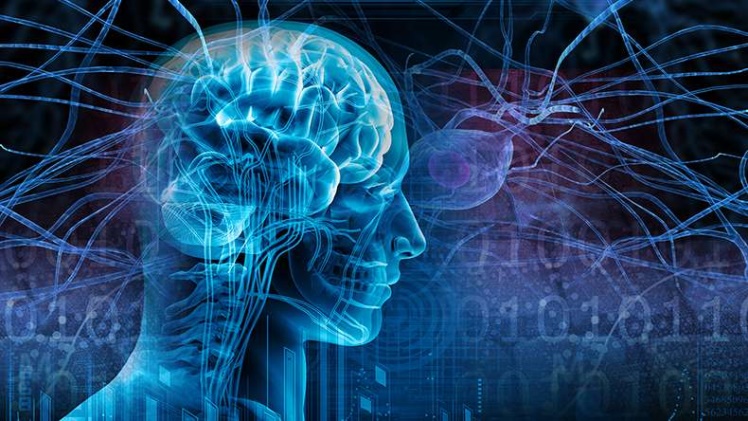The nervous system is one of the most important organ systems in the human body. And damage to any of the components will most likely have a lasting impact on the individual. In this article, we shall explore some of the more common nervous system disorders. However, we shall first explore how the nervous system can be damaged.
What Causes the Nervous System to Fail/ become Damaged?
The nervous system can be damaged by the following:
- Trauma – Trauma is a physical injury caused by a single stressful or dangerous event or a prolonged exposure to highly stress events such as domestic violence or child abuse.
- Degeneration – Degeneration is a process where tissues deteriorate and lose functional activity. Such a condition can be genetic or be caused either by a stroke, tumour, toxins, or pathogens.
- Infections – Infections occur when germs invade and grow in the body. Infections can also affect the nervous system, causing local swelling and acute infection. Some viral infections can also cause the body to attack and damage the cells around the nerves.
- Autoimmune disorders – An autoimmune disorder is a condition where the body’s immune system mistakenly attacks its own body. Similarly, neurological autoimmune disorders make the immune system attack healthy nervous tissue.
- Tumours – Tumours in the nervous system may or maynot cause any noticeable symptoms. This depends on several factors such as the malignant or benign nature of the tumor, its size and exact location in the body. CNS tumours can result in the abnormal growth of cells in brain or spinal cord tissues.
- Birth Defects – If there are defects of the central nervous system in infants, it is called Neural tube defects (NTDs). Common conditions include encephalocele, spina bifida, anencephaly etc.
Diseases of the Nervous System
Demyelinating disease – Demyelinating disease is a group of diseases where the myelin sheath in the neuron structure is damaged, hence the name “Demyelinating disease”. This impairs the ability of the nerves to conduct signals, thereby causing the cessation of movement, sensation, cognition or other functions (depending on the nerves involved). Progression of this disorder may eventually lead to other neurodegenerative disorders such as multiple sclerosis.
Alzheimer’s Disease – Alzheimer’s disease is another neurodegenerative disease that results in the progressive deterioration of cognitive functions. One of its most characteristic symptoms during the early stages is the loss of short term memory. It usually manifests itself as minor forgetfulness which becomes more pronounced with the progression of the disease. The end stages of the disease usually impairs movement, recognition and as well as impairment of planning and decision-making.
Parkinson’s Disease – Parkinson’s Disease is a progressive nervous system disease that affects movement. One of the most characteristic early symptoms of this disease is tremors that manifest in just one hand. Interestingly, the disorders can also cause the onset of stiffness or slow-down of movement. Other early stage symptoms include little-to-no facial expression, slurred speech and general inactivity. The arms of an affected individual may not swing when they walk.
Explore more about neurological disorders by registering with BYJU’S Biology. Alternatively, subscribe to BYJU’S youtube channel to explore interesting topics from tissue culture and plant pathology to animal kingdom and biological classification.

